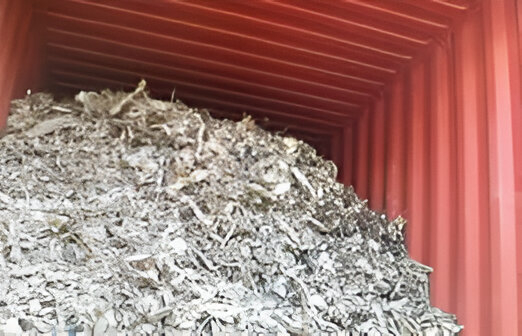After weeks of researching grades of iron scrap, understanding OCC cartons, and refining export-import knowledge, I finally decided to step out and test the waters — for real. This time, the plan was to source iron scrap locally from Gurugram and start a pilot supply chain to explore margins and quality standards before scaling up.
Sounds simple, right? Well, not quite.
The Start: Local Deal
I had made connections with a local iron scrap dealer in the Basai Industrial area, Gurugram. The guy came highly recommended — known for dealing in light melting scrap (LMS) and some PNS (plate &structural) scrap. We spoke over the phone, met once, and everything seemed clear.
He said, “Bhaiya, quality ki tension mat lo. Jo material dikhaunga, wahi milega. 18-ton ka deal hai.”
No paperwork, no advance — just an oral deal, based on mutual understanding and trust.
But Delivery : Didn’t Match the Promise
Three days later, the truck arrived. The first look itself told me something was off. Instead of clean-cut LMS, I was staring at mixed material — broken rods, rusted grills, tiny bits, some even non-magnetic.
The so-called 18-ton order felt more like 14–15 tons of usable stuff, and the rest… well, I wouldn’t pay a rupee for it.
I called the supplier immediately.
“Bhaiya, aapne quality change kar di. Aap to clear LMS bol rahe the,” I said, calmly but firmly.
“Nahi bhai, ye hi toh scrap hota hai… market mein aisa hi chalta hai,” he replied, avoiding any resolution.
That’s when I realized — without documentation, I had no leverage. No invoice, no delivery challan, and technically, no proof that he agreed to deliver LMS.
Next : Recovery Mode Activated
Instead of panicking or escalating, I decided to play it smart.
- Segregation On-Site: I hired local labor for the day and sorted usable vs. unusable scrap.
- Immediate Liquidation: I quickly sold off the usable portion to a nearby rolling mill buyer at a minimal profit.
- Reputation Check: A friend of mine from Manesar, already in scrap trade, helped me verify the supplier’s previous records. Turned out, he’d done this before.
Recovery :
My friend, a metal trader, stepped in big time.
He said:
“Bhai, ye toh Gurugram market ka known jugadbaaz banda hai. Aage se bina documentation ke toh ek kg bhi mat lena.”
My friend introduced me to a verified vendor in Farukh Nagar, a known trader, with full documentation, and transparent weighing system. We struck a fresh deal there — this time fully on paper, with a proper quotation, challan, and agreement.
I even managed to recover part of my earlier loss by reselling the bad lot over time as “general melting scrap” to a furnace unit.
Summary :
Scrap trade is not just about steel, magnet, or grade — it’s about street smarts. One wrong truckload can drain your margin, but one right call (or friend) can save the game.
So, the next time someone says, “Bhai, sab set hai,” ask for a written confirmation — and maybe, a magnet to test the material too.




